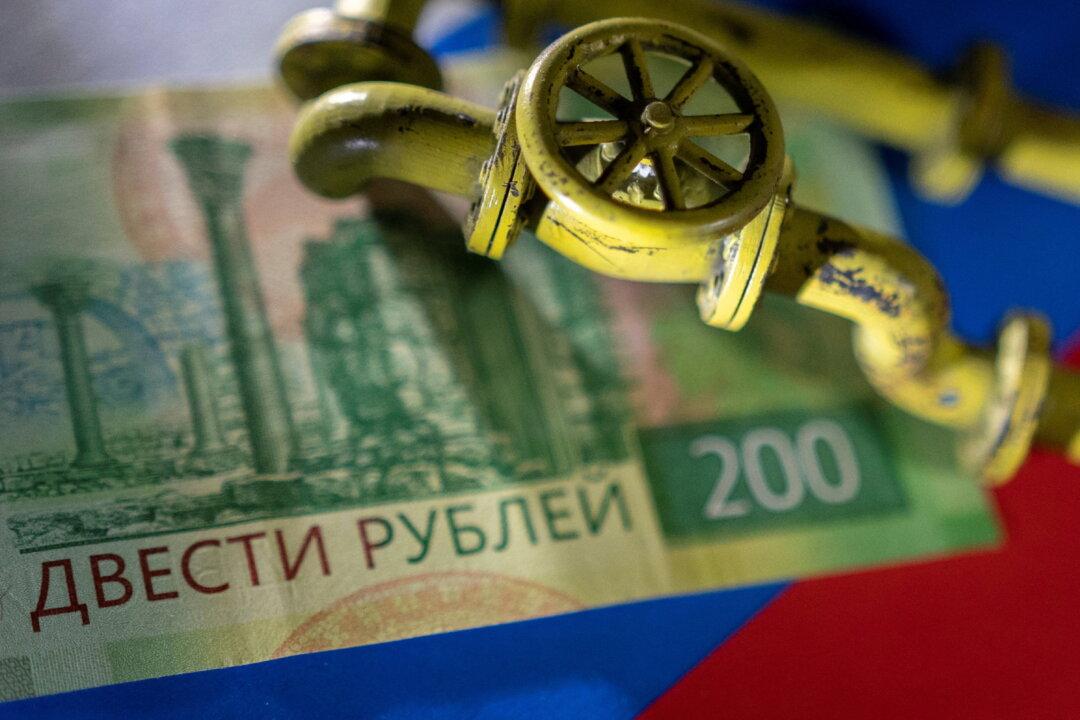Asian and European importers of Russian gas remained puzzled on Thursday after Russian President Vladimir Putin said earlier that “unfriendly” countries must pay for Russian gas in roubles.
There are over 45 countries on Russia’s “unfriendly” list, including Austria, Germany, and Japan, where politicians and gas buyers on Thursday expressed confusion about how to handle Putin’s demand to pay for Russian energy in roubles.





